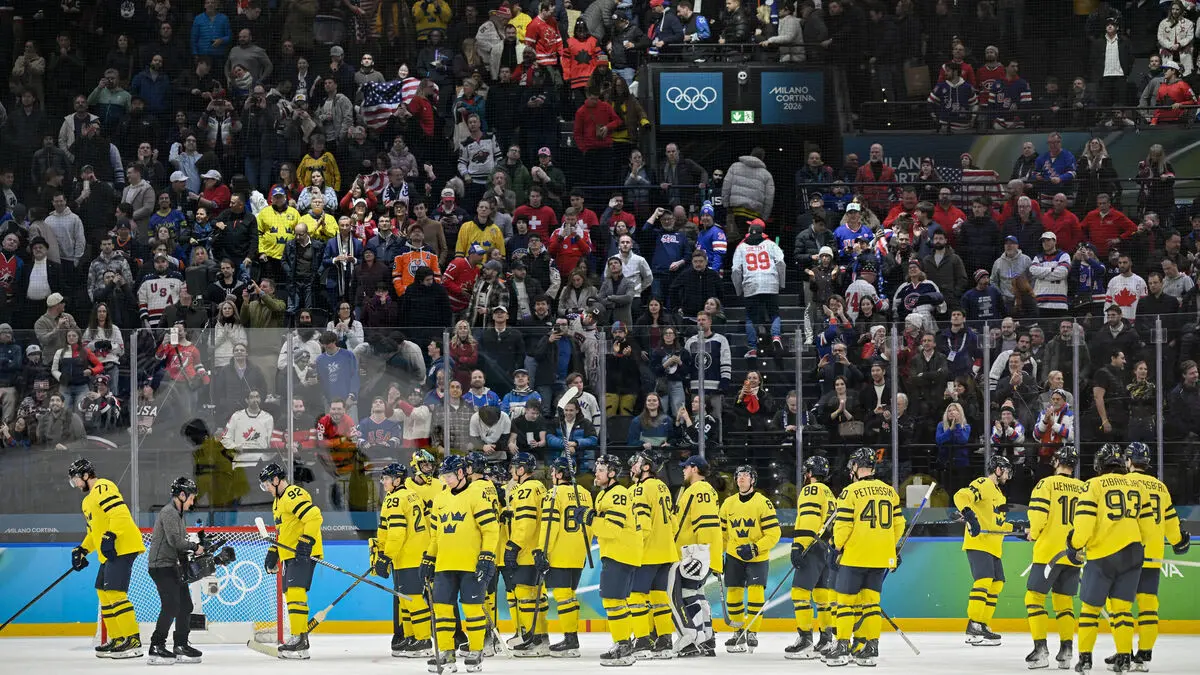The message that the parties have agreed came on Tuesday night after intense negotiations. The agreement is worth 3.4 percent the first year and 3 percent the following year.
"The agreement we have now reached is at a high cost level. Swedish industry operates on a global market where competition is tough. The agreement jeopardizes our competitiveness, among other things in comparison with Finland and Germany, where the wage agreements landed at a lower level. Our companies are deeply concerned, but take responsibility in a turbulent time", says Per Hidesten, CEO of Industriarbetsgivarna, in a press release.
IF Metall writes on its part in a press release that the agreement "provides good conditions for real wage increases and is at a level that can set a standard on the Swedish labor market and at the same time benefit Sweden's competitiveness".
In addition to the wage increases, the issue of working hour reductions has also played a prominent role in the negotiations. According to Tomas Undin, there is "consensus between the parties" on how this should be handled, he says in the press release and continues:
"The issue of working hour reductions has been handled by the labor market parties and all working hour reductions are counted within the total cost mark", says Per Widolf, chief negotiator of Industriarbetsgivarna, in the press release.
The parties have, due to the agreement, which runs out on March 31, 2027, called a press conference on Tuesday starting at 09:00.
As late as on Monday, the union and employers were described as being far apart from each other after the union previously rejected mediator proposals for wage increases of 7.7 percent over three years.






